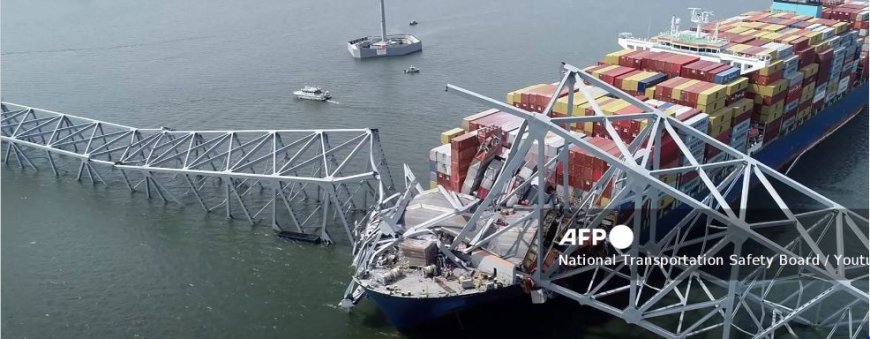‘Improved private investments crucial for ship financing’

Maritime stakeholders are urging strong national policies and increased private sector investments to tackle the challenges of financing capital-intensive vessel construction and acquisition in Nigeria.
They stated this on Thursday in Lagos at the 2024 Maritime Finance Conference, organised by the Association of Maritime Journalists of Nigeria in collaboration with Nigerian Liquified Natural Gas Shipping and Marine Services Limited.
The stakeholders added that the move was necessary to propel the Nigerian maritime sector towards becoming a global player.
Speaking on the theme, “Vessel acquisition/construction: Nigerian banks, insurance firms, government, and the blue economy,” the Managing Director/Chief Executive Officer of NSML, Abdulkadir Ahmed, emphasised that access to finance is crucial for the acquisition and construction of ships, which are key to advancing the Nigerian maritime sector on the global stage.
Ahmed noted that the cost of constructing foreign-built vessels had significantly increased over time, rising from $190m to between $270m and $275m per vessel.
“Financing the construction of these complex and advanced vessels involves a mix of financial players, including both local and Korean banks, especially for vessels built in Korea,” he said.
According to Ahmed, vessel building and acquisition is fundamentally a finance-driven business, noting that while having substantial capital is advantageous, successful ventures should attract external financing due to their profitability and potential returns, which make them viable investments.
Earlier, the Executive Secretary of the Nigerian Shippers’ Council, Pius Akutah, called for a deliberate national policy aimed at creating a conducive business environment with incentive measures to attract private sector investments that would drive vessel acquisition and construction in Nigeria.
Akutah, represented by the Principal Officer of Regulatory Services at the NSC, Cadson Temitope, emphasised that exploring financing options for vessel acquisition was essential to fully harnessing the potential of Nigeria’s blue economy.
Mobereola, represented by NIMASA’s Director of Administration and Human Resources, Mr Isichei Osamgbi, noted that the agency was poised to take advantage of the development, ensuring that funds from the CVFF were effectively channelled to support the acquisition and construction of vessels by Nigerian entities.
He also discussed the strategic importance of fleet ownership, which was expected to enhance Nigeria’s economic standing, increase job opportunities, and retain more wealth within the country.
The President of AMJON, Mr. Paul Ogbuokiri, emphasised the need to bridge the financing gap in the maritime industry, which has hindered the development of Nigeria’s blue economy as the government aims to diversify its revenue streams.
He noted that the theme of this year’s conference was carefully chosen to bring together regulators, investors, financiers, and insurers to find solutions to the challenges impeding the growth of the Nigerian maritime industry, particularly shipping.
https://punchng.com/improved-private-investments-crucial-for-ship-financing/



 moderator
moderator 





